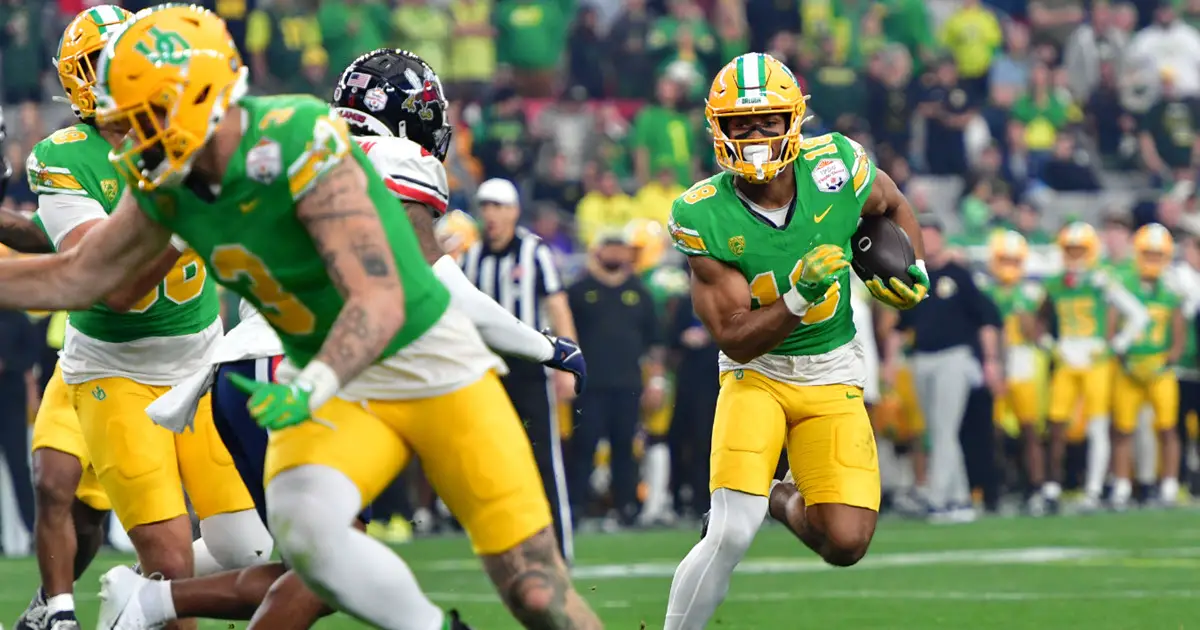There’s a lot going on in college athletics that will bring change. Change that will include the competition between schools on the playing fields and in the arenas, the competition over what school a recruit attends and the competition for the best coach. And even more areas of change than that. The changes will involve all sports, male and female, from football to beach volleyball. Even Mr. FishDuck took some time from his fun at Casino Suisse to discuss some potential issues with college sports changes that seem inevitable.
John Canzano published an outstanding article recently, covering his interviews with twelve different athletic directors from seven different conferences. He asked each of them the following questions:
What does an athletic director do in 2024? How has the job changed? What doesn’t the public know? Social media pressures? NIL collectives? And what’s the impact of a good or lousy university president?
The article is long. One answer to Canzano’s questions from the University of Texas AD has two parts, both of which pique my interest. He said:
Athletes may soon become employees. And NCAA President Charlie Baker (photo at top) recently floated a proposal that could separate the “haves” from the “have nots.”
As an attorney who worked for a prominent workers compensation carrier for 13 years, and for much of that time was counsel to the underwriting department, I can assure you that the possibility of college athletes being “employees” has major implications when that athlete is injured. At present, athletes are exempt from coverage under Oregon Worker’s Compensation law.
ORS 656.027 states, in pertinent part:
Who are subject workers. All workers are subject to this chapter except those non-subject workers described in the following subsections:
(13) A person who has been declared an amateur athlete under the rules of the United States Olympic Committee or the Canadian Olympic Committee and who receives no remuneration for performance of services as an athlete other than board, room, rent, housing, lodging or other reasonable incidental subsistence allowance.
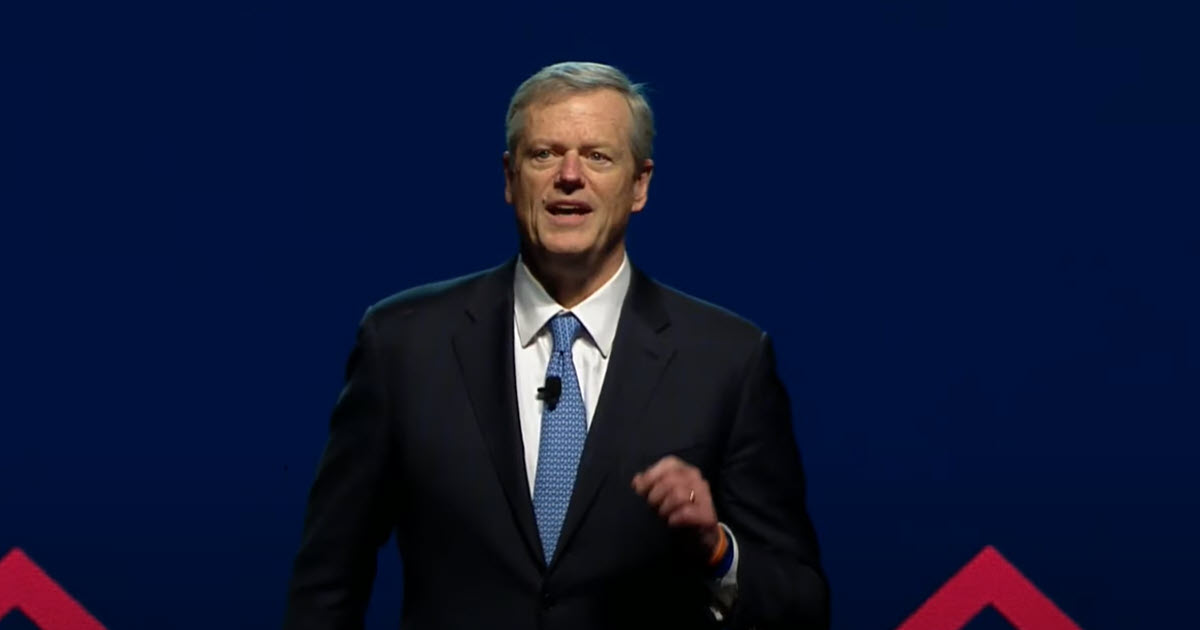
Charlie Baker has huge challenges running the NCAA… (Screenshot from NCAA Resources Video)
In short, the law means that injuries to all amateur athletes are not covered by the workers compensation law. NCAA President Charlie Baker’s December 19, 2023, letter to student-athletes proposes that they be paid. That payment would apply to only some of the athletes at some Division I schools, defined by Baker as; “institutions that have the most resources to invest in their student-athletes”. When payment to student-athletes happens, as it undoubtedly will, the whole ballgame changes.
Once they are paid, those athletes are no longer amateurs, and therefore their employer would have to cover them for work-related injuries. That insurance coverage would treat student-athletes the same as all of the other employees of the college are covered. The colleges would pay workers’ compensation insurance premiums and the insurance carrier would pay the benefits to workers for their injuries.
Here are some of those benefits:
- Full cost of medical expenses, for life. This includes aggravation of the work injury.
- A substantial portion of wages during any period of disability and any aggravation.
- A substantial payment for any permanent total disability or temporary disability, including a partial disability.
- Occupational disease coverage for insidious conditions that develop slowly, such as asbestosis or in this instance CTE from repetitive concussions to the brain.
- Vocational assistance when the injured worker cannot return to their former employment because of the injury or disease.
It is possible, but in my opinion not probable, that the above section of Oregon law that creates the exemption for amateur athletes could be amended to include an exemption for paid college athletes. It is equally improbable that the U. S. Congress will intervene and exempt student-athletes from employee status.
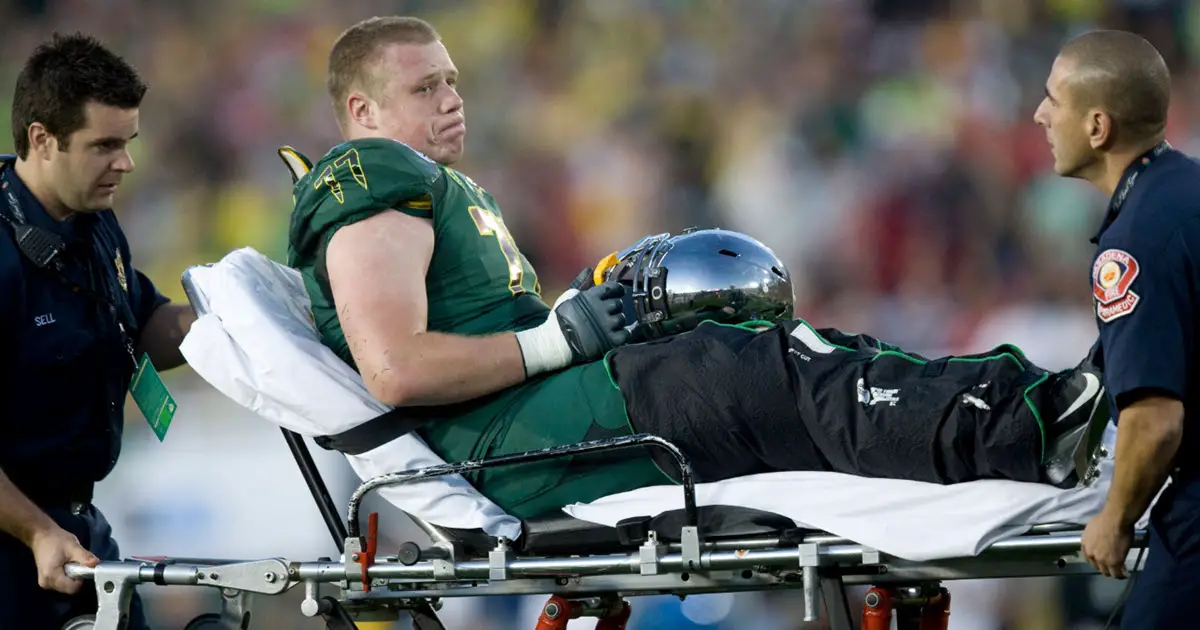
Carson York is concerned about the long term effects of his injury in the Rose Bowl. (Photo by Amazing Moments Photography)
The long list of exempt occupations in Oregon law, one subsection of which is quoted above, includes many other worker categories, such as a golf course caddy, newspaper carrier or distributor, taxicab driver who has an ownership interest in the vehicle. But college athletes who become no longer qualified for the exemption stated in subsection (13) because they are paid for their work directly by an employer are very different from the other types of workers that the law makes exempt.
In football or basketball for example, the college athlete brings nothing in the way of equipment used on the job to the workplace, not even their shoes and socks. They have no say in when they do their work, or the manner in which that work is performed. They most likely will have very little input as to the amount and manner of payment of their compensation.
Baker’s letter mentions NIL, but not as part of his proposed compensation. The compensation Baker proposes is: “. . . $30,000 per year into an enhanced educational fund for at least half of the school’s eligible student-athletes.”
I have to say that the idea the NCAA is going to allow some student-athletes to be compensated, “at least half,” and not others is, at the least, problematic. However, I want to continue with discussion of injuries.
In order to avoid student-athlete injury benefits and other worker entitlements, Baker’s letter proposes to “partner with congress to prevent student-athletes from being considered employees . . .”. As if preventing them from being employees would be in their best interest. Good luck with that, NCAA.
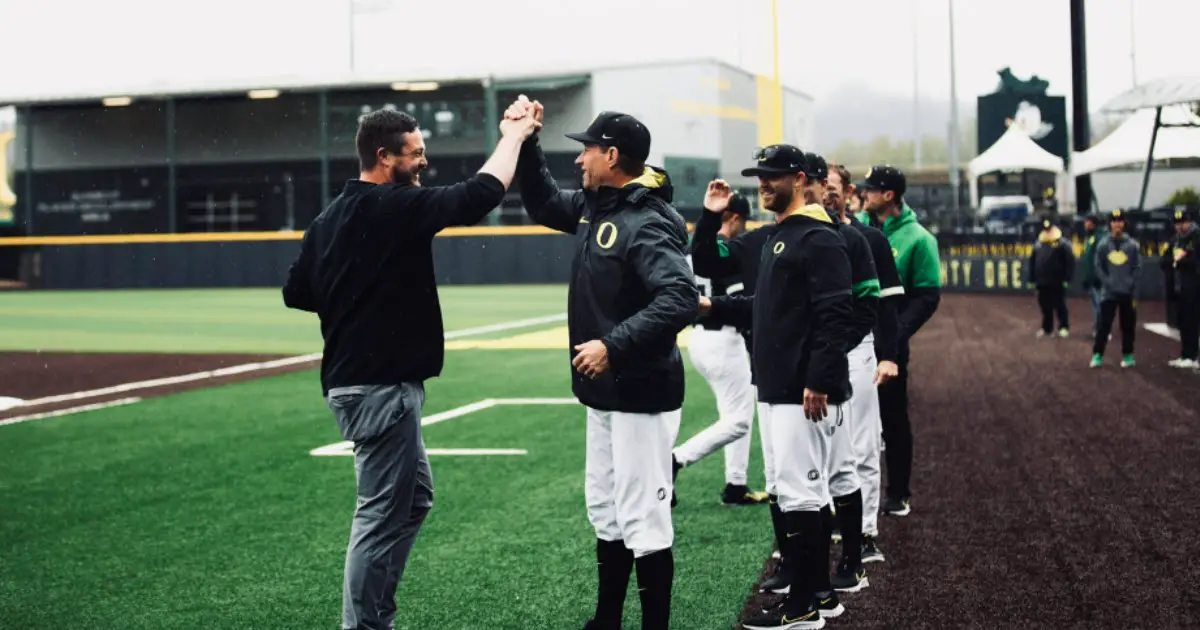
I wonder which half of sports will be compensated? (Photo by Eric Evans of Oregon Athletics)
It’s not only benefits for injuries that athletes will be giving up if they are not considered to be employees. It’s also unemployment benefits, the employer’s required contribution to income tax withholding, Social Security, and Medicare and probably a lot more that doesn’t enter this writer’s aged mind at the moment.
The avoidance of worker benefits, for injuries and all the rest of the benefits that are legitimately due to student athletes, will become a huge “political football” in federal and state legislatures, pun intended. The player’s lawyers who went all the way to the U.S. Supreme Court to bring us NIL are already contemplating their next Mercedes sports car and probably a sedan and new mansion for their spouse, funded by the fees this dispute will generate, if there is one.
And the student-athletes and their lawyers will win the battle because the status of “worker” is well-deserved for those who risk potential lifetime injuries so that we can enjoy viewing their efforts on the playing field and in the arena.
The best course, in my mind the only course, is for to colleges to acknowledge the fact that those who participate in college sports that bring great recognition and profit to the colleges are workers. Then there would be a lot of time and money saved.
As to how the NCAA goes about separating out President Baker’s “Division I institutions who have the most to contribute”, or as better said by the Texas AD, “the haves from the have nots”, I have been considering that topic for years. Maybe someday soon I’ll have time to share those thoughts with you, but in the meantime–give me your feedback at the free Our Beloved Ducks forum.
Mike Whitty
Eugene, Oregon
Top Screenshot from NCAA Resources Video
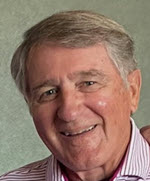
The senior Mike Whitty, age 84, is not the commissioner for Lane County football and basketball officials, as that is his son, Mike Whitty. A retired attorney, Mike Whitty, Sr., grew up in Coos Bay, and played football four years for Pete Susick at Marshfield High, during the time of the then Big “A” school’s three successive state championships, 1954-56.
A serious golfer, Mike has been the medalist in three divisions of the Oregon Coast Invitational at Astoria G & CC. He qualified and played in the USGA Sr. Amateur at Prairie Dunes, KS in 1995. His education: two years at USAF Academy, 1961-63. Oregon degrees, BS ’65, JD ’68.

